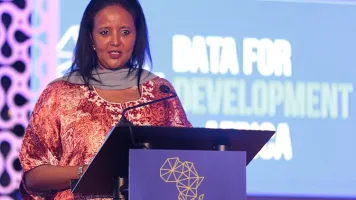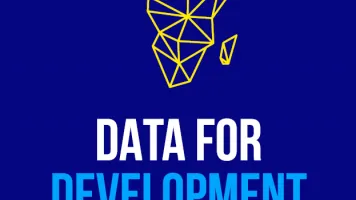The Government of Sierra Leone understands that freedom of information is an indispensable part of democratic societies. The passing of the Right to Access Information Law in 2013 offers the right to its citizens and interested persons free access to information primarily in the hands of government and non-state actors. With the passing of this law, access to information and open data offers its citizenry the opportunity to critically evaluate authorities appointed and elected to account for their stewardship.
The establishment of the Right to Access Information Commission (RAIC) in 2014 generated a lot of interest from the demand side of the process, namely, citizens (disabled, women, and youth, as well as civil society organizations) and development partners who remain concerned about getting access to vital information as a way to effectively manage corruption and promote service delivery.
The critical mandate of the commission to promote proactive disclosure of information and enforce measures to promote openness is fostered by forging partnerships with all stakeholders including government institutions, national, and international partners. The Commission as a result has established a multi-stakeholder council to facilitate and monitor compliance of all public institutions to disclosure of information in a proactive manner.
Priorities as a partner of the Global Partnership for Sustainable Development Data
To actively encourage and engage other countries to develop data roadmaps for sustainable development in order to fulfill their SDG commitments. The last time around (with the MDGs), African countries did not make conscious efforts to address the goals and create 'peer review' around them to consciously work and attain them.



